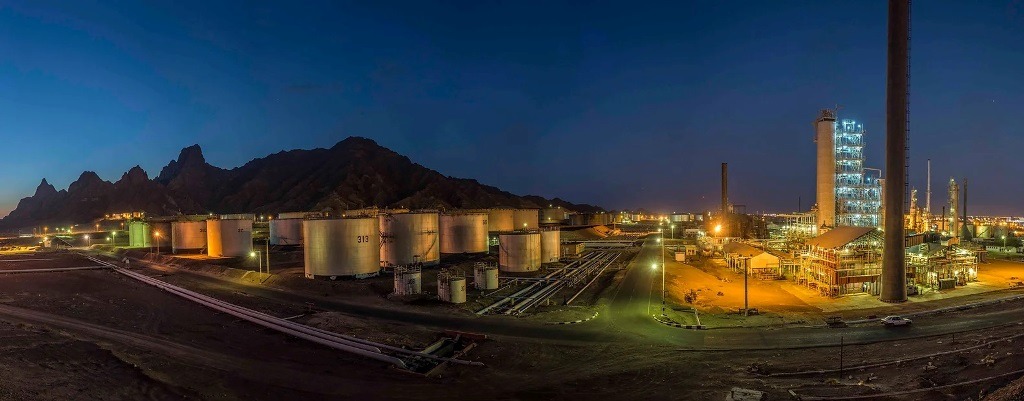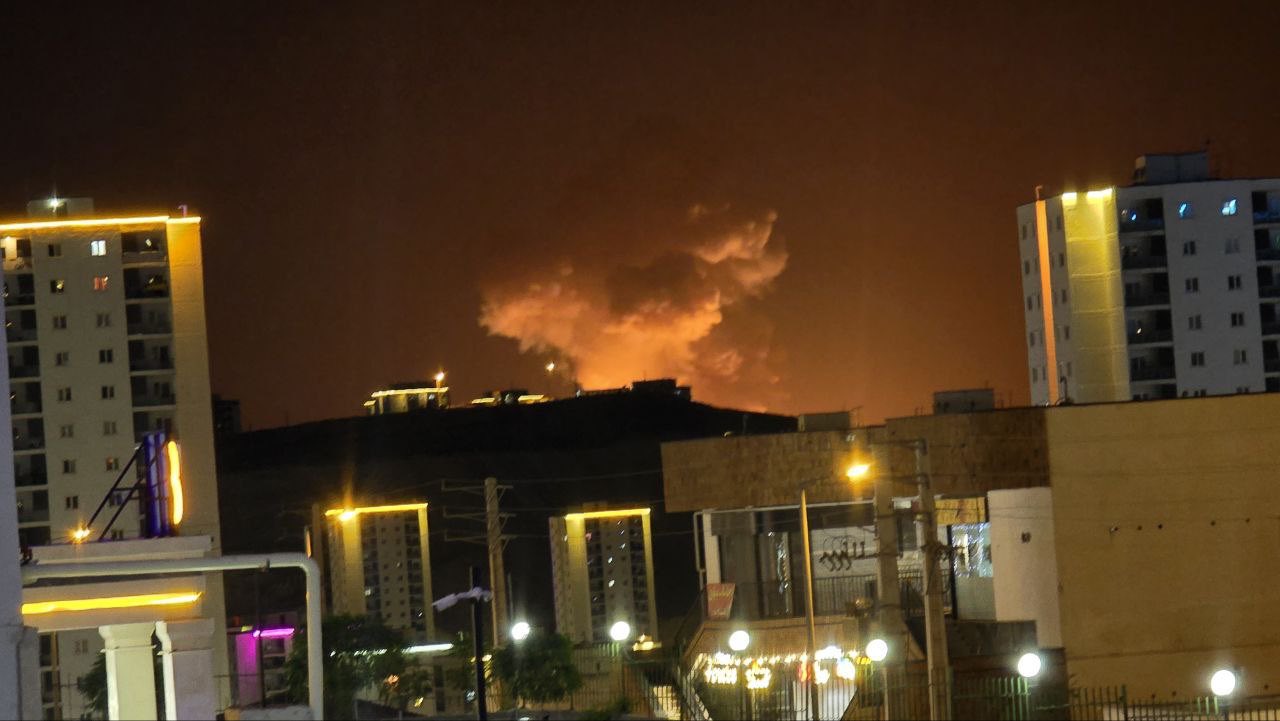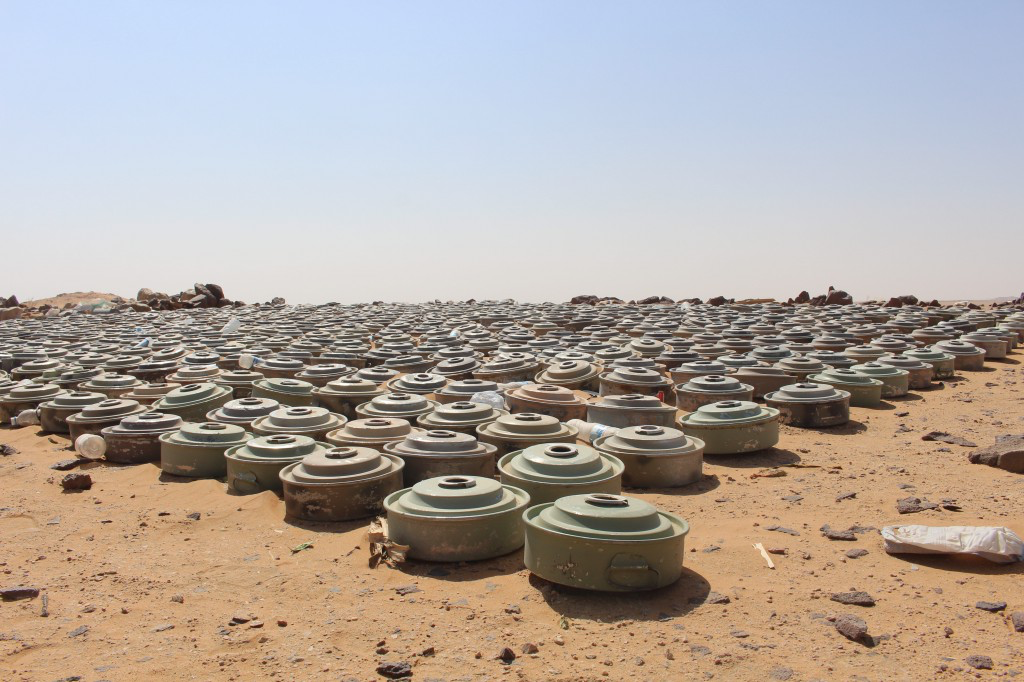
Barran Press
The internationally recognized Yemeni government announced on Tuesday, July 30, 2024, the resumption of operations at the Aden Refinery in southern Yemen, designating it as a free zone. The decision was made during a cabinet meeting held in Aden, the temporary capital, chaired by Prime Minister Ahmed Awad bin Mubarak.
According to the official Yemeni news agency Saba, the cabinet approved the Aden Refinery Company to operate under the free zone regime, recognizing its location within the Aden Free Zone Sector (N) as defined by Prime Minister's Decision No. 65 of 1993 regarding the sites and geographical boundaries of the Aden Free Zone. The decision allows the company to benefit from the privileges, advantages, and guarantees stipulated under the Free Zones Law.
The cabinet instructed the Ministers of Oil and Minerals, Finance, Legal Affairs, Transportation, the Governor of Aden, and the Head of the Aden Free Zone to implement the decision. They were tasked with directing relevant authorities to follow established procedures for executing the decision, adhering to practices in place prior to the cessation of operations in 2015.
Established in 1977, the Aden Refinery plays a vital economic, social, and strategic role. It refines crude oil, supplying the local market with various petroleum products, and provides storage facilities for crude oil and petroleum products for third parties.
Throughout its history, the refinery has processed various types of crude oil from different sources. Since the mid-1990s, it has focused on refining local crude oil (light Marib oil), meeting 90% of the domestic market's demand for gasoline, diesel, aviation fuel, and other petroleum products.
During the nine-year war, the Aden Refinery was targeted and set ablaze on four separate occasions. The first incident occurred in January 2015 during the battle for Aden following the Houthi group's attack, which was classified as a terrorist organization by the international community. The attack came months after the Houthis seized the capital Sana'a in late September 2014.
The shutdown of the refinery cost the Yemeni government billions of dollars in fuel imports, marred by corruption and mismanagement. This significantly impacted the lives and livelihoods of citizens in Aden and across the country.





